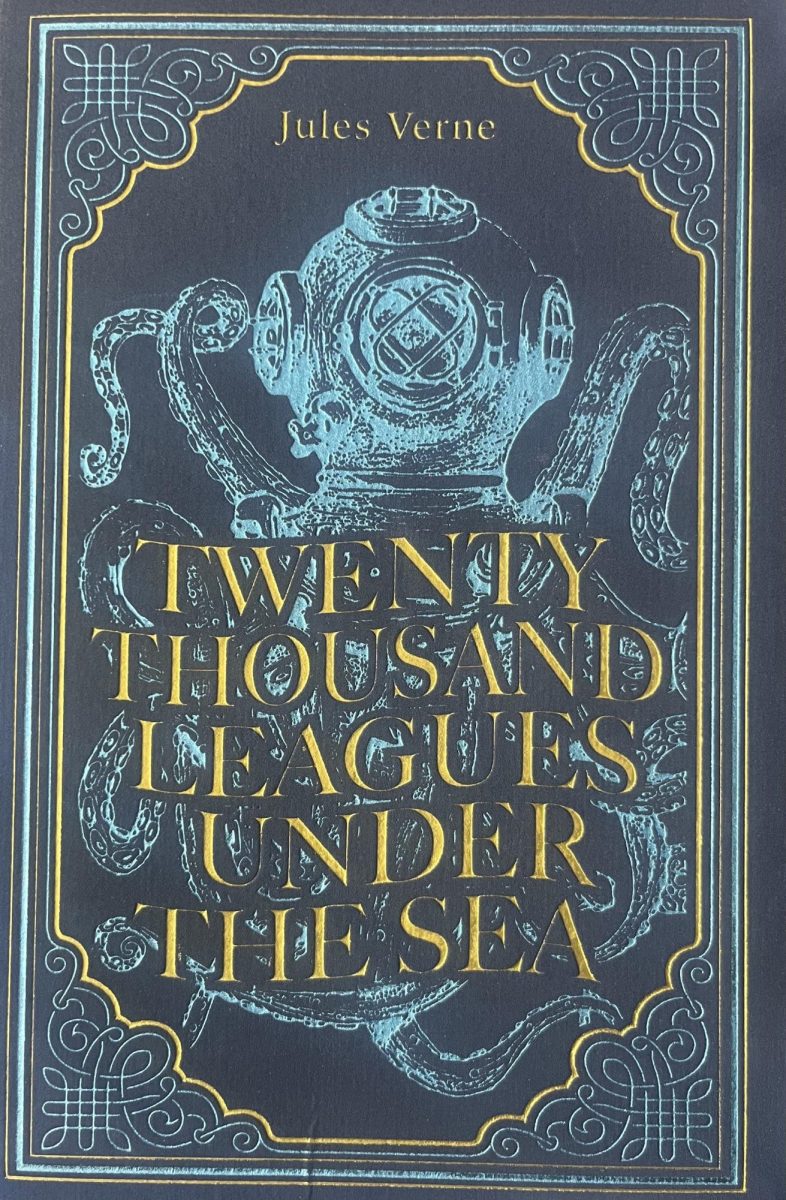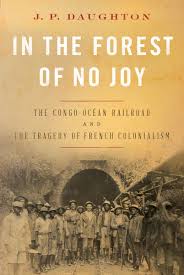To What Depths Will Humanity Sink? ‘Infinity’ And Beyond
February 7, 2023
How often does someone consider the consequences of even the most seemingly benign of their behaviors? When they go on vacations, do they consider the mechanisms of industry that grow around them and their resort of choice to facilitate the experience? Should they allow themselves the exploitation of their surroundings, even cultures and peoples foreign to them, just to facilitate their wanton hedonism?
“Infinity Pool” is director Brandon Cronenberg’s third feature film. Because Cronenberg is the son of the great body-horror filmmaker David Cronenberg, critics have always had high expectations for him even as he struggled to find his footing with his first feature “Antiviral,” which currently sits at a 65 percent critic score on Rotten Tomatoes. His success has come largely through “Possessor,” which was released eight years after “Antiviral” and heralded both greater indie and mainstream success for Cronenberg with a far heartier score of 94 percent. “Infinity Pool” is its follow up.
“Infinity Pool” centers these questions around James Foster, a failed author played by Swedish actor Alexander Skarsgård, who feels both emasculated and listless, maintaining wealth and status only through his marriage. Enough wealth to visit a high-class resort in the seaside country of Latoka, a vaguely post-Soviet and presumably Mediterranean country.
Foster finds that the repercussions for criminal behavior in Latoka come with retributive justice (i.e., execution) for the offending party. While this is inescapable and inflexible for the indigenous population, tourists are presented with an opportunity. Pay the police a tidy sum of money and your crimes will be paid back by a duplicate in the wrongdoer’s exact shape and form.
While the Latokan justice system seems overly brutal and punitive, it becomes a vector for commodification of the Latokans’ culture for people like Foster. Since the foreigners of the First World can pay to circumvent its internal rules, structure, and cultural significance, it becomes an object of commodity and entertainment for those sick enough to enjoy its brutality from a safe distance.
Juxtaposed with commodified cultural experiences the resort offers as entrainment and it becomes clear that the Latokans themselves exist as more of an element of theming and cultural intrigue to the bloodthirsty and experience-hunting tourists.
Foster becomes fascinated with the process of watching his duplicate die, ridding himself from the moral consequences of his actions so long as he can pay for duplicates. He descends further and further into hedonism and debauchery, disregarding any tethers to morality outside the likeminded group he finds himself in, which all similarly partake.
“Infinity Pool” confronts an immoral system ripe for exploitation, dissecting the exact kind of person who both shaped that system and will be shaped by it in turn. James’ status as an ethnic and cultural outsider forbids Foster from suffering any consequence for any of his crimes, seeking pleasure and violence to reignite a supposed ideal of masculinity and distract himself from his abject meaninglessness.
Foster is eventually faced with the consequences of these behaviors, just not in a traditional fashion. While he only experiences the psychological repercussions of this illicit system, the locals can only achieve a semblance of psychological and material retribution on facsimiles of their malefactors.
No wonder Foster falls prey to his violent impulses, his status as a failed yet contradictorily wealthy writer imbues his soul with a cavernous void ripe for suggestion by his violent and likeminded group of murder tourists. When he rebukes them in a moment of clarity, he’s faced with a group desperate to keep him as low and servile to his violent impulses as they are.
When push comes to shove, what can save a person from themselves when everything is transactional? Every facet of their foreign yet manufactured environment is built to accommodate every vice and trusts in the depths of their wallets. What incentive do they have to even think about stopping while they’ve got ample funds and lax morals?



























